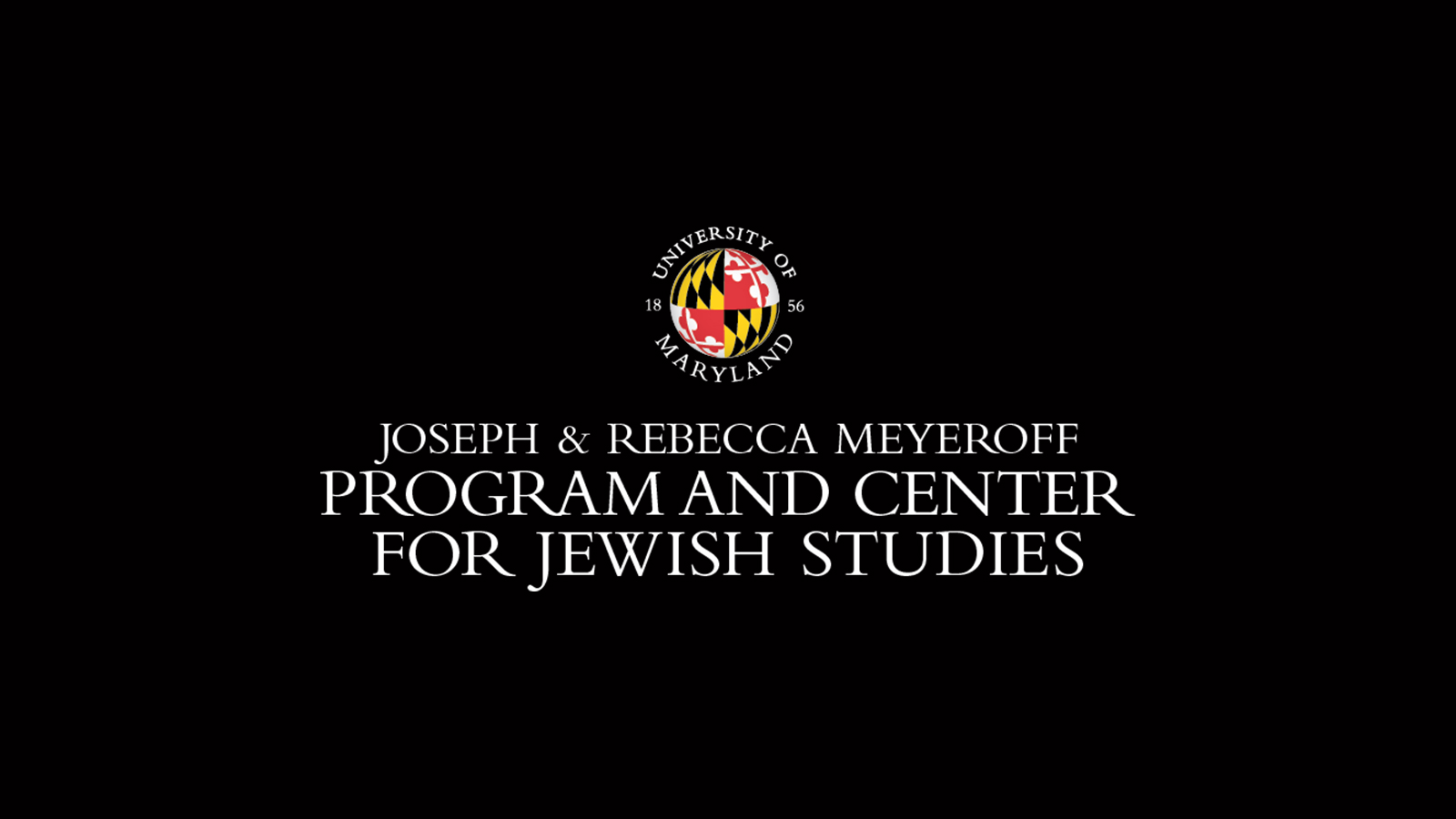Israel Next On Arab Revolutionary Agendas
February 28, 2011

UMD's Israel Studies Director, Professor Yoram Peri, weighs in on the conflict in the Middle East and what it means for the Israeli-Palestinian conflict.
UMD's Israel Studies Director, Professor Yoram Peri, weighs in on the conflict in the Middle East and what it means for the Israeli-Palestinian conflict.
By Gabriel Weinstein, Scripps Howard Foundation Wire, InTheMoment
On January 1, no one would have predicted protesters in Tahrir Square would oust Hosni Mubarak and Moammar Gadhafi’s iron grip over Libya would start slipping away. Could an Israeli-Palestinian peace agreement be the next game-changing event in the Middle East?
According to Professor Yoram Peri of the University of Maryland and former Democratic CongressmanRobert Wexler, the revolutionary fervor sweeping the Middle East could present an ideal opportunity to finally settle the Israeli-Palestinian conflict. Peri said that, although the uprisings in Arab world focused on domestic issues, it is only a matter of time before the lingering Israeli-Palestinian conflict becomes the focus of the greater Arab world.
“If things will continue it won’t take much—weeks—that the Israeli-Palestinian issue will become the focus,” Peri said at a forum sponsored by the Middle East Institute Wednesday.
But the recent re-emergence of negative Arab stereotypes in the Israeli media and the infusion of religious emotion into the context of the conflict will prevent Israel from pouncing on the opportunity. He added that in the wake of the Arab uprisings, Israel has crafted its Palestinian peace strategy around a worst-case scenario instead of mounting a serious attempt at peace.

